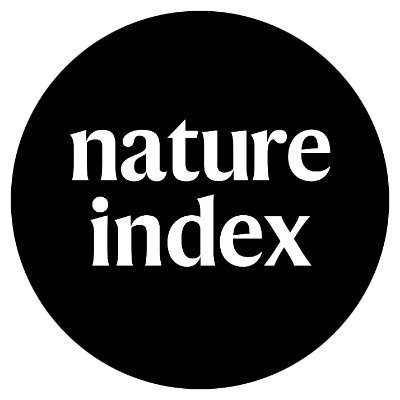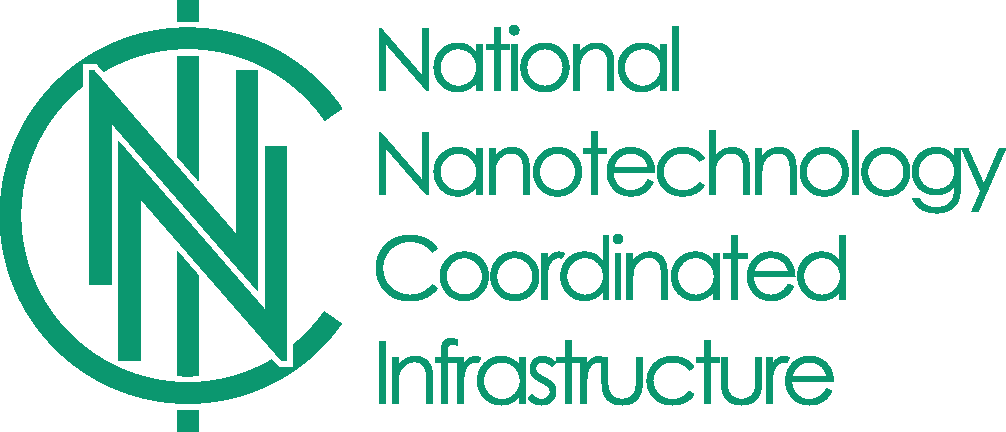Education & Outreach
Teacher Resources and All About Nano
MONT has gathered this collection of resources to provide educators and students with the tools to undersand nanoscience and nanotechnology. Teachers can use the extensive library of workshops and kits available for classroom projects. Kids and teens interested in learning more about nanotechnology can visit All About Nano which provides interesting videos and interactive games.

Want more nano? Explore applications, new developments, and facsinating people people in nanoscience and nanotechnology in this addition of Nature Index.




